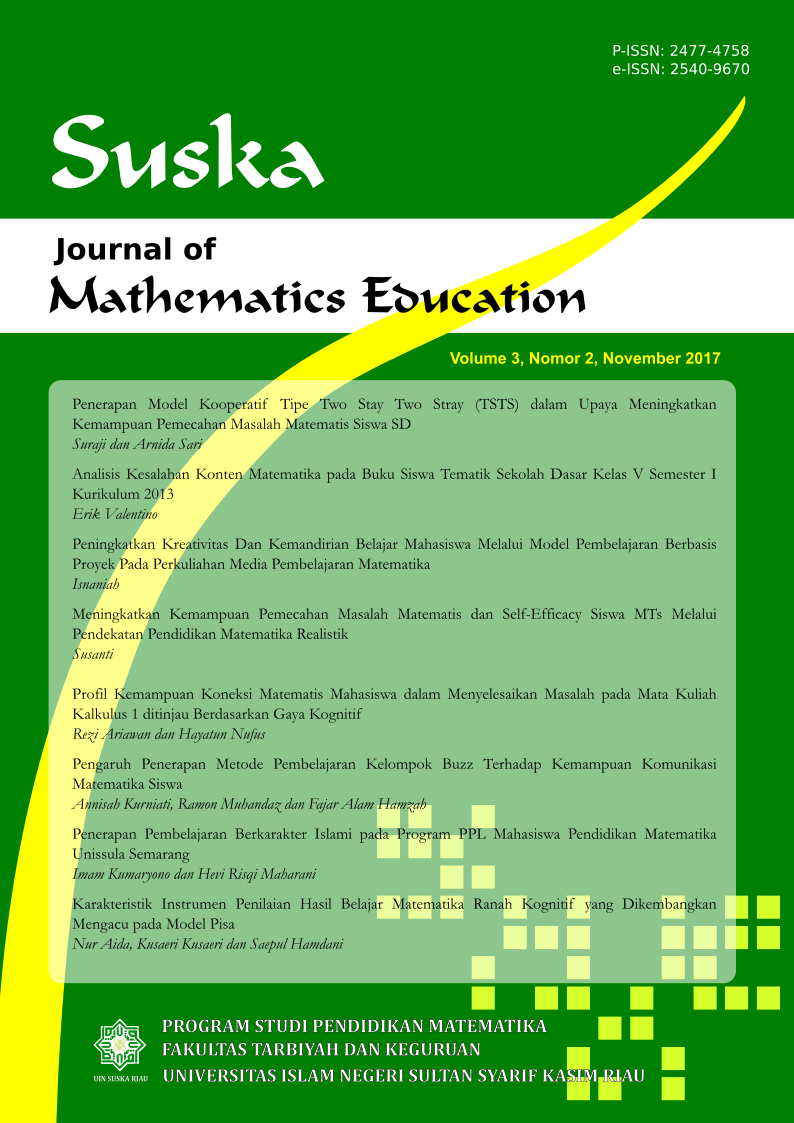- Title of Paper: Write Your of Paper Here, The Section Title Using 16pt, bold, Garamond
- Abstract should be include objectives, methods and findings.
- Keywords alphabetically in 3-5 words
- Introduction. An introduction should includes the statement of broad topic of the study, academic and practical importance has to be explained, summaries of avalaible literature and cites the most important previous studies, indicates the most important gaps, inconsistencies and controversies inthe literature; and provide clear indication core, specific research, context and units of analysis.
- Methods. Methods section describes the steps of the study and provides a brief justification for. It should contain enough detail to enable the reader to evaluate the appropriateness of your methods and the reliability and validity of your findings.
- Results and Discussion.
Results. This section summarises the data collected for a study in the form of descriptive statistics and also reports the results of relevant inferential statistical analyses conducted on the data. In short articles or reports of single empirical studies, the results and discussion sections are sometimes combined.
Discussion should restate the studi’s main purpose, reaffirm the infortance of the studies, summarise the result in relation to each stated research objectives, relate the finding back to the literature, highlight the main limitations of the studies and discuss insighful opportunities for future research. - Refferences Styles using APA 6th and using mendeley or zotero refference manager.
Citations from journal should be at least 80% of the total references cited
Refferences Style
Abdul Rahman, R., Mohammad Yusof, Y., Kashefi, H., & Baharum, S. (2012). Developing mathematical communication skills of engineering students. Procedia - Social and Behavioral Sciences, 46, 5541–5547. doi:10.1016/j.sbspro.2012.06.472
Ahmad, F. A. (2012). Philosophical Underpinnings of Islamic Management Method: Worldview , Epistemology and Ontology. International Journal of Humanities and Social Science, 2(20), 150–161.
APA Format – 6 th Edition. (n.d.). Retrieved from http://web.calstatela.edu/library/guides/3apa.pdf
Hanapi, M. S. (2013). The Conceptual Elements of the Development Worldview in the Qur’an: A Study of Thematic Exegesis. American International Journal of Social Science, 2(3), 40–55.













